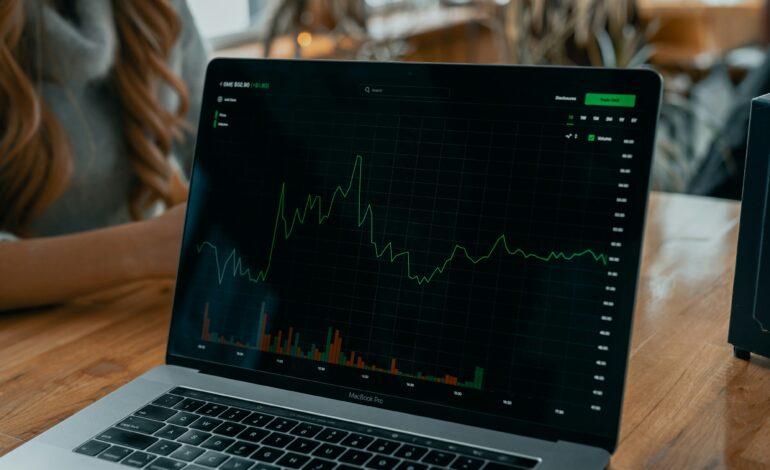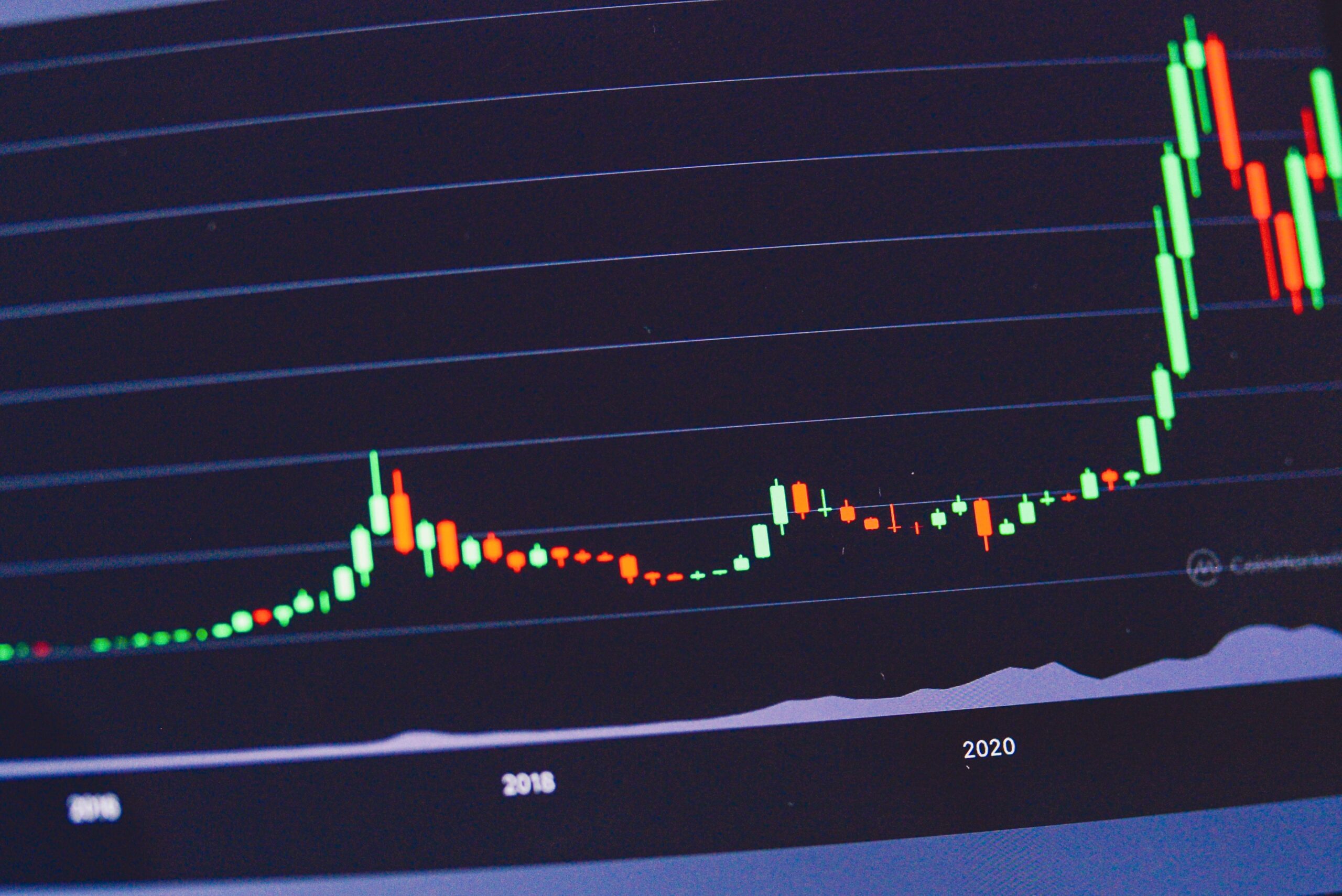
Impacts of Climate Change on Bunker Fuel Demand and Supply
Climate change is profoundly influencing the global energy landscape, including the demand for and supply of bunker fuels used in maritime transport. As environmental regulations tighten and sustainability goals intensify, the maritime industry faces significant challenges and opportunities in adapting to these changes. This article explores the impacts of climate change on bunker fuel demand and supply, highlighting key trends, challenges, and future considerations for stakeholders in the industry.
Climate Change and Bunker Fuel Dynamics
- Rising Environmental Awareness:
- Regulatory Pressures: Increasing global efforts to reduce greenhouse gas emissions are driving stricter regulations on maritime emissions, influencing bunker fuel consumption patterns.
- Shift towards Cleaner Fuels: Demand is shifting towards low-sulfur fuels and alternative energy sources to comply with emission standards and mitigate climate impacts.
- Impact on Bunker Fuel Supply:
- Supply Chain Disruptions: Climate-induced events such as extreme weather, sea level rise, and changing ocean currents can disrupt bunker fuel supply chains, affecting availability and pricing.
- Energy Transition Challenges: Transitioning to sustainable bunker fuel alternatives poses logistical and infrastructural challenges, impacting supply reliability and distribution networks.
Changing Market Dynamics
- Shift in Fuel Preferences:
- Demand for Low-Carbon Fuels: Growing preference for low-carbon bunker fuels, including LNG (liquefied natural gas) and biofuels, amid efforts to reduce carbon footprint.
- Technological Innovations: Advancements in hydrogen, ammonia, and electric propulsion technologies offer potential alternatives to conventional bunker fuels, influencing market dynamics.
- Economic and Regulatory Influences:
- Cost Implications: Compliance costs associated with emissions regulations and carbon pricing mechanisms affect bunker fuel prices and profitability for maritime operators.
- Investment in Green Technologies: Increasing investments in research and development of sustainable bunker fuel solutions reflect industry readiness to embrace cleaner energy alternatives.
Operational and Strategic Responses
- Adoption of Sustainable Practices:
- Efficiency Improvements: Maritime operators are optimizing vessel performance and implementing energy-efficient practices to reduce bunker fuel consumption and emissions.
- Alternative Propulsion Systems: Exploration of hybrid, electric, and fuel-cell technologies to reduce reliance on traditional bunker fuels and enhance operational sustainability.
- Risk Management and Adaptation:
- Resilience Strategies: Developing adaptive strategies to mitigate climate-related risks, including resilience planning for supply chain disruptions and regulatory compliance.
- Long-term Planning: Incorporating climate considerations into long-term business strategies, including investment in sustainable infrastructure and fleet modernization.
Future Outlook and Industry Collaboration
- Policy and Regulatory Landscape:
- Global Cooperation: International agreements and frameworks (e.g., IMO regulations) shape the future of bunker fuel regulations and emissions reduction targets.
- Innovation and Collaboration: Industry collaboration and innovation are crucial in advancing sustainable bunker fuel technologies and achieving climate goals.
- Technology and Innovation:
- Emerging Solutions: Continued research and development in renewable energy and carbon-neutral fuels will drive the evolution of bunker fuel markets towards sustainability.
- Market Transformation: Anticipating a gradual shift towards cleaner, more efficient bunker fuel solutions as technological advancements and regulatory pressures intensify.
Conclusion
Climate change is reshaping the landscape of bunker fuel demand and supply, prompting the maritime industry to adopt sustainable practices and transition towards low-carbon alternatives. As stakeholders navigate regulatory complexities and technological advancements, collaboration and innovation will play a pivotal role in achieving a resilient and sustainable future for bunker fuel supply chains. Embracing these changes presents opportunities for economic growth, operational efficiency, and environmental stewardship in global maritime transport.





